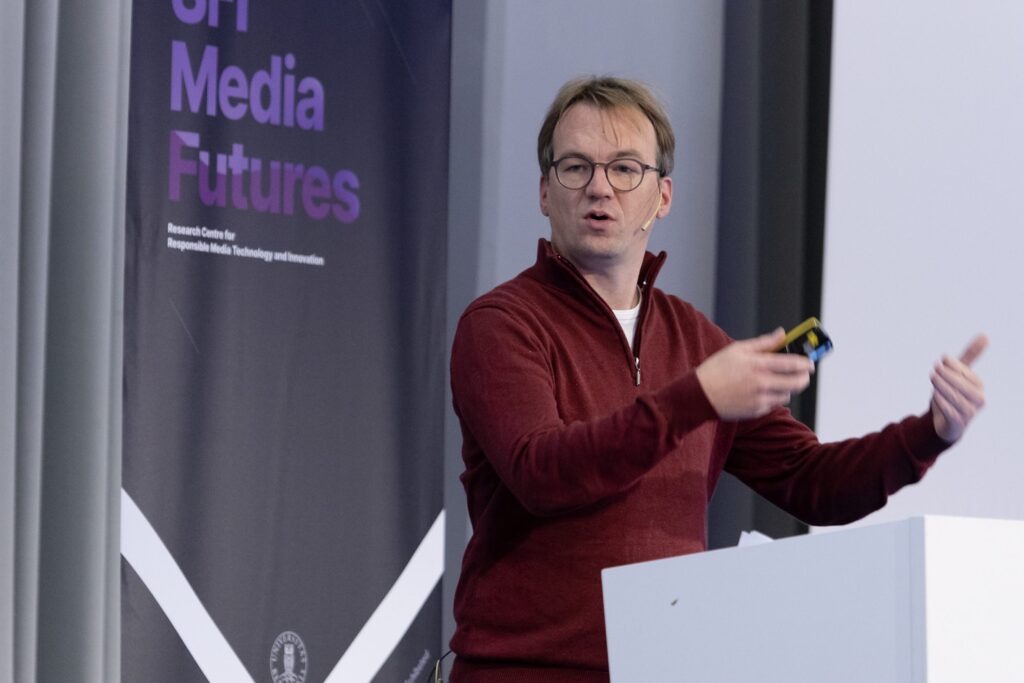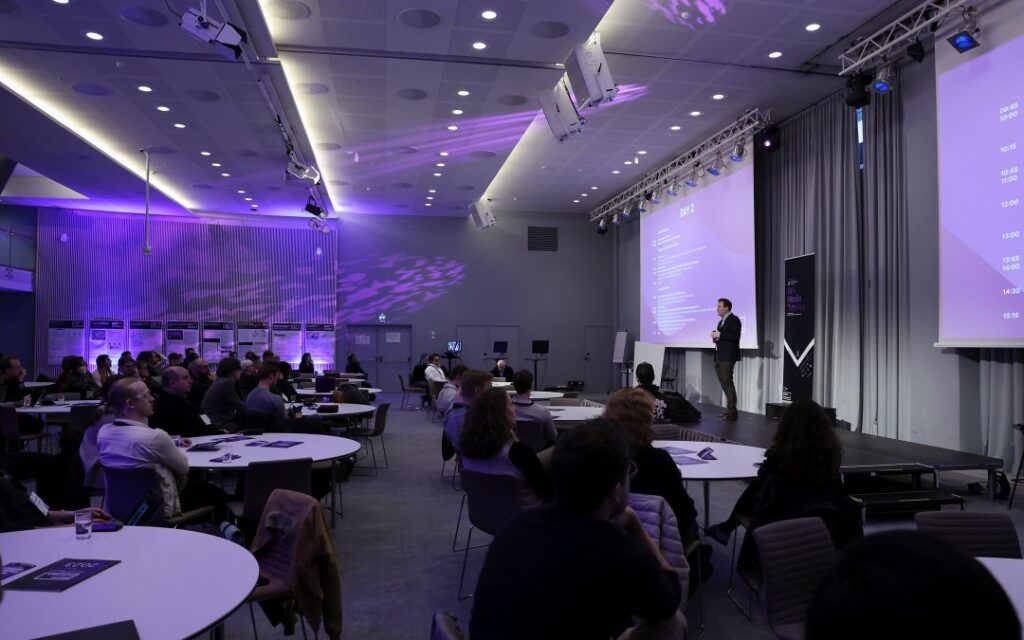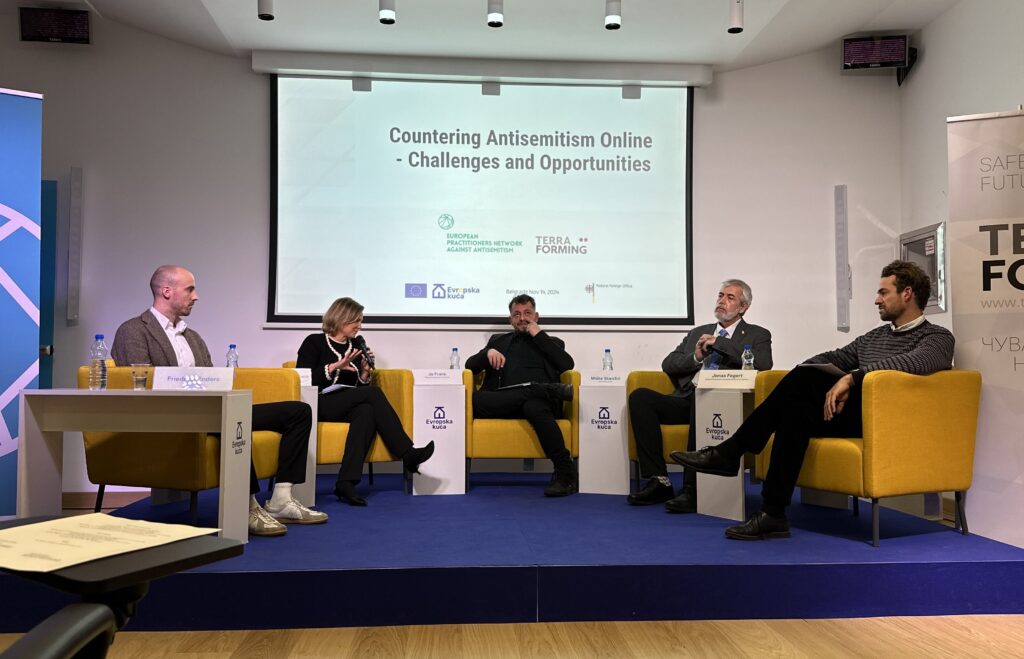The DSA’s research access: a flawed system
The Digital Service Act does not do enough for research access. While its article §40 implements a duty for very large online platforms (VLOPs) and very large online search engines (VLOSEs) to allow research access, it is not sufficient.
That is why the TWON collaborated with Digits EU, and the Digital Law Institute Trier to feedback the commission on loopholes in this paragraph. The result is an official statement, that the commission now considers.
Their main points of criticism are:
Data access to what? Allow specific requests, as data on minor algorithm changes for specific user groups is currently enclosed. Broaden the definition of systemic risks and create transparency around A/B tests, as they hold great research value.
Data access for whom? Peer review is a standard research process, so peer access to data sets is necessary. Also, allow short-notice data-reaccess to react after peer review, enable group-verifications and create a clear definition of the researcher status to prevent too high barriers.
Verification of data? Currently there is no control mechanism to ensure that the provided data by VLOPs and VLOSEs is correct. An obligation to provide correct datasets needs to be implemented.




